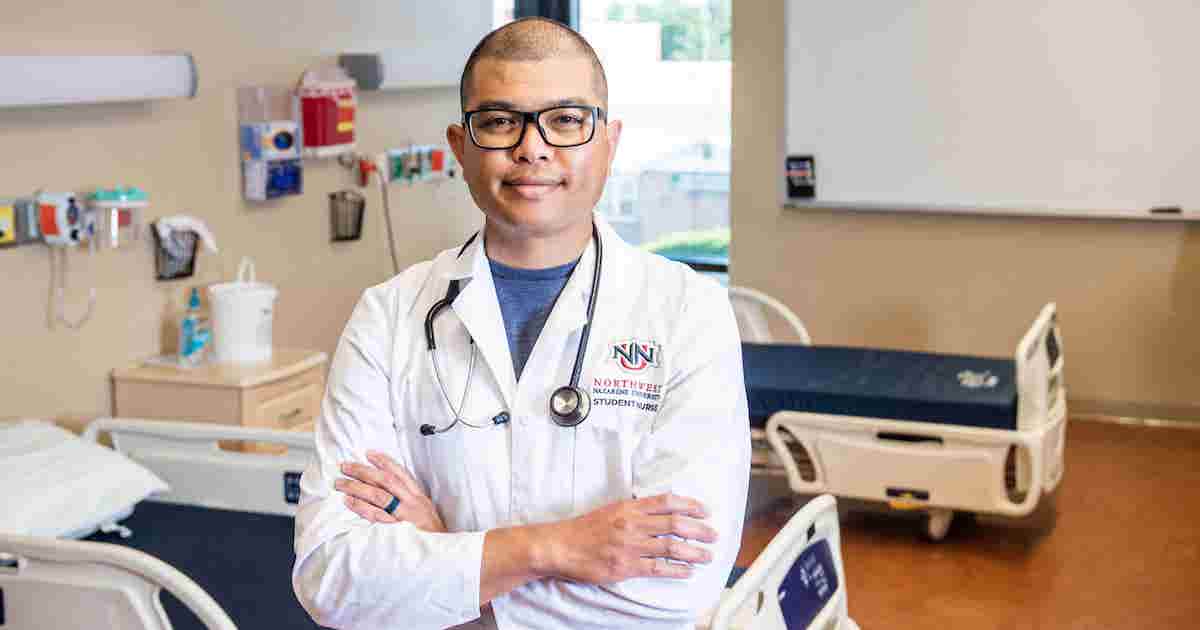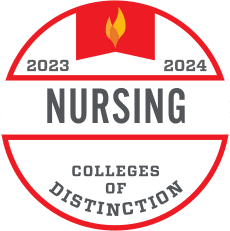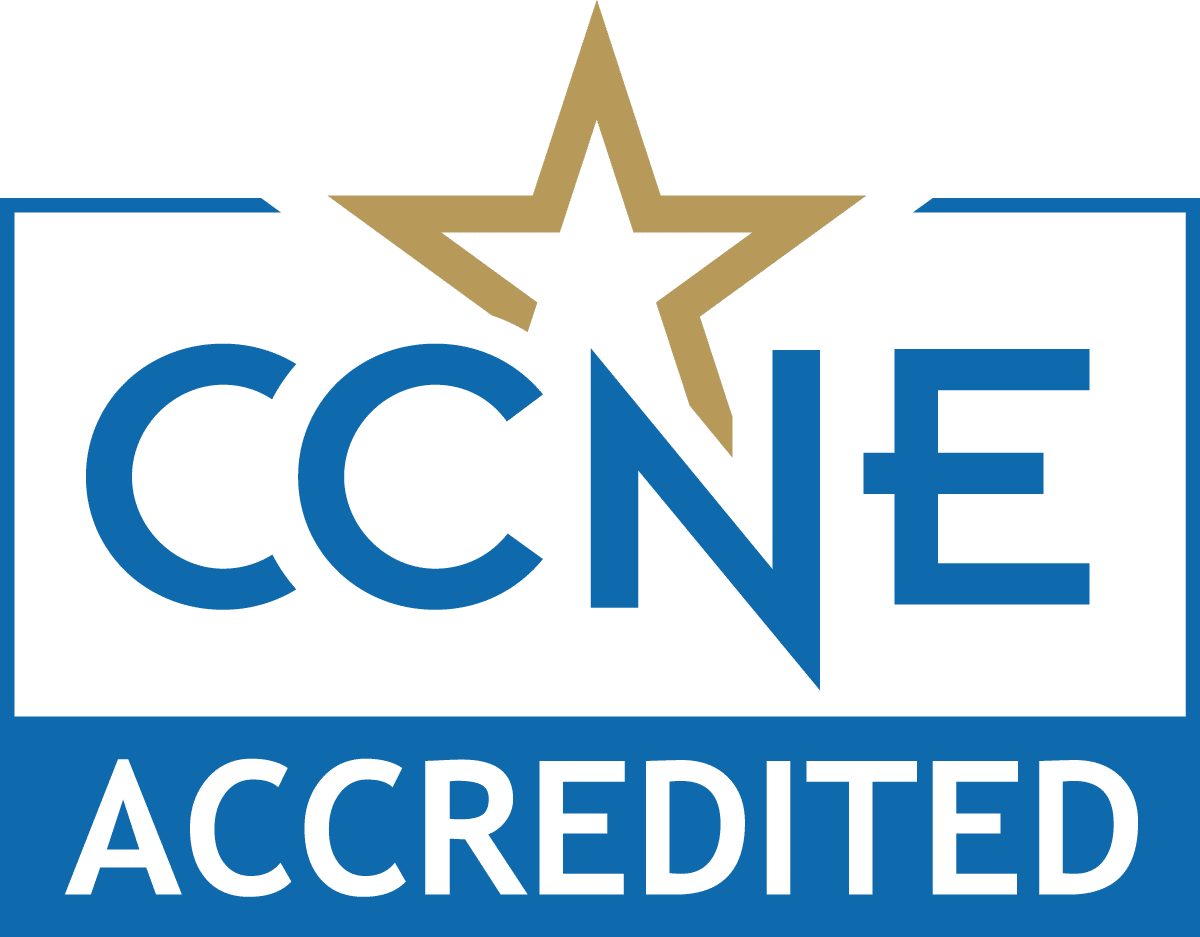Dr. Rebekkah Hulen
208.467.8685
nursing@nnu.edu
College of
Nursing
College of Nursing
Nursing faculty aspire to professional excellence in teaching, practice, scholarship and service to Northwest Nazarene University and the communities of Idaho and elsewhere. Our vision is to be a community of nurse leaders, guiding professional nurses and advanced practitioners who are committed to Christian values, professional ideals, lifelong learning and meaningful practice in an increasingly technological healthcare system within national and international communities.

College of Nursing Mission Statement
The mission of the College of Nursing at Northwest Nazarene University is to provide a quality nursing education and prepare nurses who excel in clinical practice by providing patient and family-centered care in the context of Christ-like behavior.

Undergraduate Degree Options
Graduates of the BSN program at NNU will:
- Apply theories and concepts from scientific and liberal arts education into nursing practice
- Demonstrate leadership and communication skills to effectively implement patient safety and quality improvement initiatives within the context of the inter-professional team in a variety of settings
- Integrate evidence, clinical judgment, interprofessional perspectives and patient preferences in planning, implementing and evaluating outcomes of care in a variety of settings
- Incorporates ethical standards of data security, regulatory requirements and confidentiality in the use of patient care technologies to address the needs of a diverse patient population
- Demonstrate basic knowledge of healthcare policy, finance and structure at the local, regional, national and global levels in order to advocate for patients and the profession
- Advocate for high-quality, evidence-based, safe patient care as a member of the interprofessional and intraprofessional teams to optimize patient outcomes
- Collaborate to develop interventions that take into account social determinates of health, available resources and the range of activities that contribute to health and the prevention of illness, injury, disability and premature death for vulnerable populations
- Integrate values reflective of the character of God and the Christian worldview as well as those professional ethics into their daily practice of nursing and the advancement of nursing as a profession
- Implement the role of the nurse generalist through the nursing process to provide holistic, patient-centered care that reflects an understanding of human growth and development, pathophysiology, pharmacology, clinical and nursing management across the health-illness continuum in all healthcare settings
These outcomes reflect the expectations of the AACN Essentials of Baccalaureate Nursing Education (2008) and the mission of the University and the College of Nursing.
Graduates of the Master of Science in Nursing Leadership and Education program at NNU will:
- Role model Christ-like ethical behavior; be an exemplar of integrity and honesty in the role of a nurse with an advanced degree
- Describe the foundations of care and the art and science of the nursing profession and practice as it relates to self, individuals, families and clinical population across the lifespan
- Demonstrate scholarly activity in utilizing evidence-based practice and transferring research findings to clinical practice in order to deliver quality care
- Role-model clinical, leadership and educational expertise to improve health outcomes of communities served in diverse healthcare settings
- Advocate for diverse populations and demonstrate social justice in healthcare delivery which promotes and preserves health communities through collaboration with the interprofessional health care team
These outcomes reflect the expectations of the AACN Essentials of Masters Education in Nursing (2011) and the mission of the University and the College of Nursing.
Accreditation
The baccalaureate and master’s programs are accredited by the Commission on Collegiate Nursing Education.
















